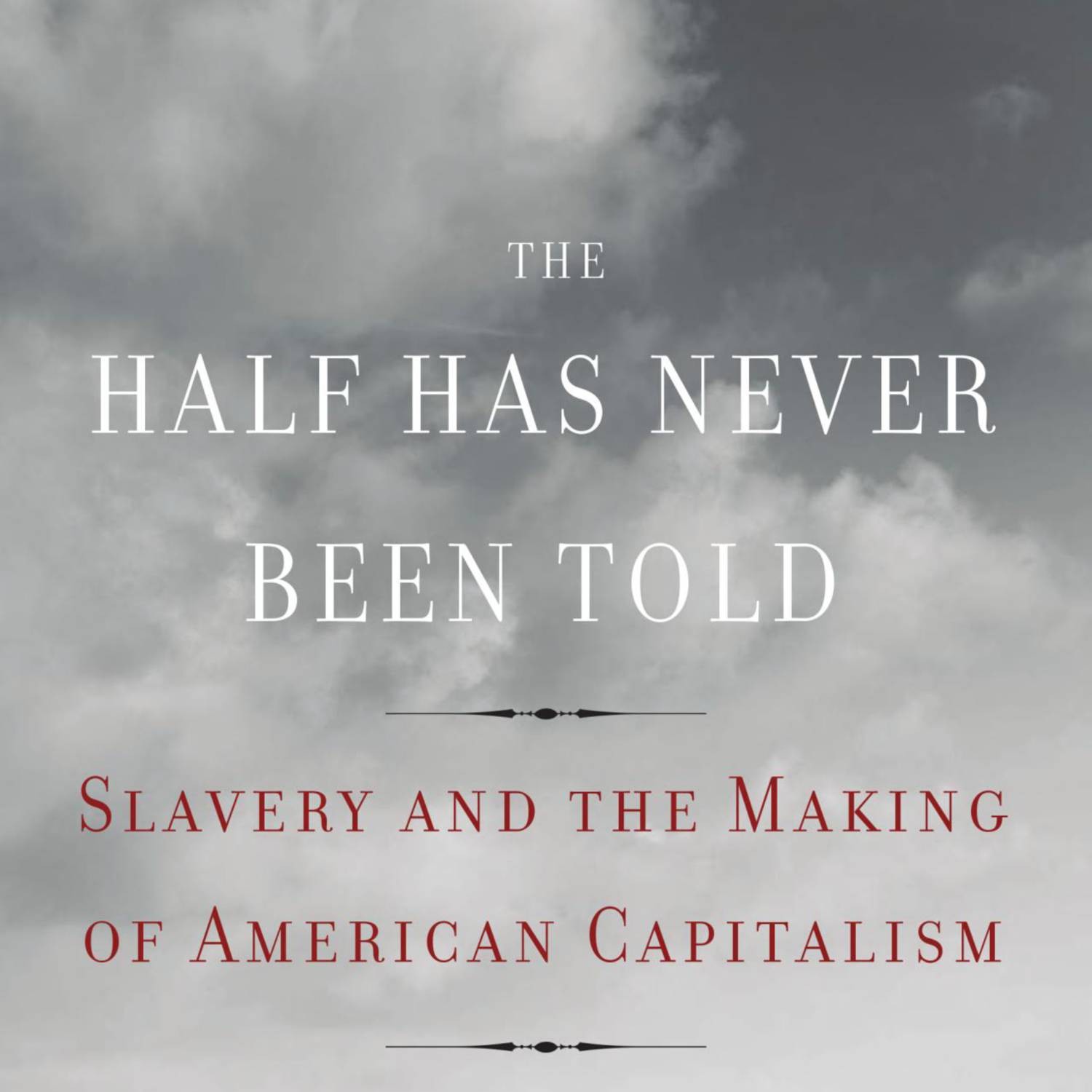



The cotton field and the call center are different places. You can find Campbell’s 1861 autobiography at the website Documenting the American South (produced by the University of North Carolina’s Wilson Library.) This site makes available over 100 enslaved people’s autobiographies, including Twelve Years a Slave, Solomon Northup’s memoir, with its story of Patsey-who was played to Oscar-winning effect on the big screen by Lupita N’yongo. Instead, he was whipped: one blood-drawing, back-muscle-cutting lash with the bullhide whip for each pound Campbell came up short. When sundown came and Campbell’s “pick sack” didn’t contain at least 100 pounds of cotton picked since daybreak, Belfer didn’t sentence him to a performance improvement plan. Campbell wasn’t trying to make enough money to stay out of Mom’s basement and put a dent in his student loans.

His business was selling cotton, not debugging software or cold-calling to make sales of paper products. Of course, Belfer invented this system back in 1825, at a Mississippi slave labor camp, not a cube farm or call center. If Campbell could meet the target, Belfer would raise Campbell’s quota even higher, and they’d go through the whole process again. If Campbell’s “metrics” didn’t reveal enough work output, Belfer would evaluate him negatively. Belfer established a productivity quota tailored to Campbell’s level of training. Belfer once used on a young man named Israel Campbell. If you work in an office you probably recognize the management technique that a supervisor named Mr. Cornell University historian Baptist’s The Half Has Never Been Told: Slavery and the Making of American Capitalism is an unapologetic, damning, and grisly account of slavery’s foundational place in the emergence of America as a global superpower.


 0 kommentar(er)
0 kommentar(er)
